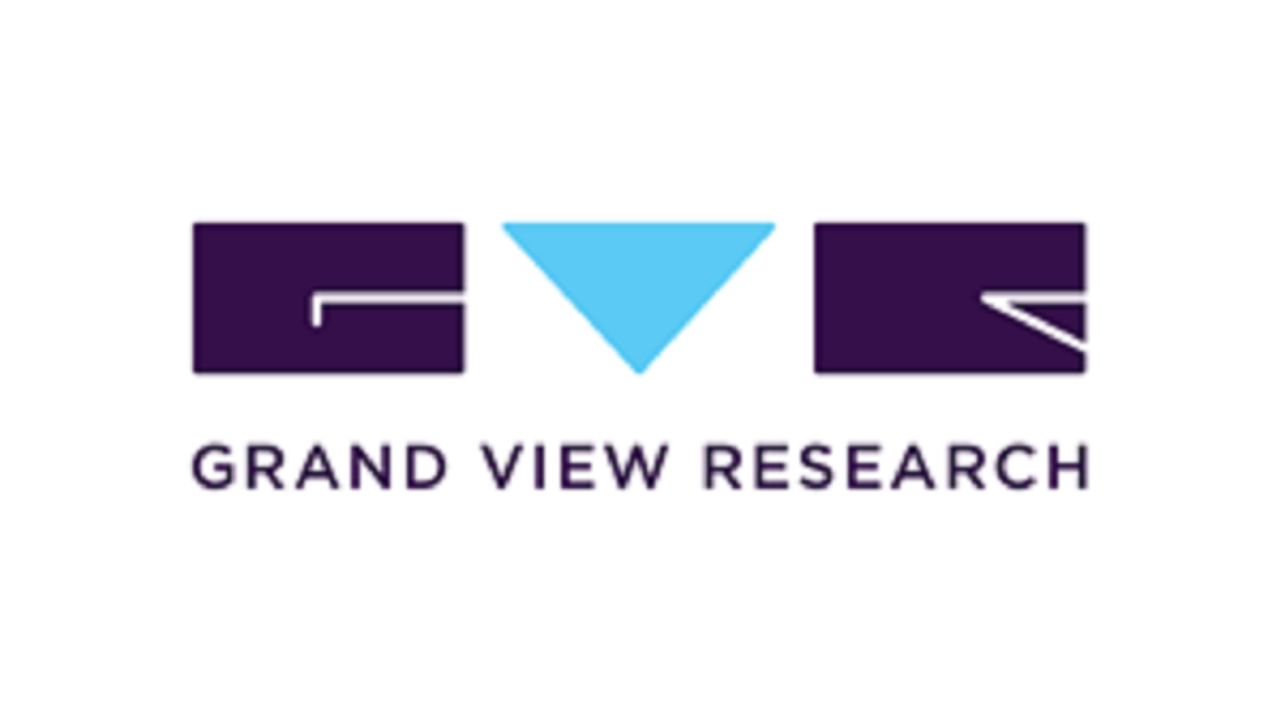Global Mammalian Polyclonal IgG Antibody Market Forecast & Opportunity Assessment, 2023-2030

The global mammalian polyclonal IgG antibody market size was valued at USD 1.13 billion in 2022 and is projected to reach USD 1.67 billion by 2030, growing at a CAGR of 5.01% from 2023 to 2030. The market’s growth is driven by multiple factors, including the unique advantages of polyclonal antibodies over other antibody forms, increasing research and development investments, and the rising adoption of innovative diagnostic and therapeutic procedures.
A notable example of innovation in this space occurred in January 2023, when Xeno Thera reported promising results from clinical trials on XAV-19, a glyco-humanized polyclonal antibody designed to treat all variants of COVID-19. Initiated in 2020, these trials involved over 700 patients. According to the company, treatment with XAV-19 showed no safety concerns and contributed to improved recovery rates, highlighting the therapeutic potential of polyclonal antibody-based interventions.
The growing emphasis on product development strategies among companies in this sector aims to build robust product portfolios and enhance competitive positioning. Increased investments from biotechnology and pharmaceutical firms have led to technological advancements in antibody production, which have, in turn, boosted product availability and demand. For instance, in October 2021, Bharat Serums and Vaccines invested approximately USD 12.3 million over a year to expand and upgrade their manufacturing facility, demonstrating the industry’s commitment to scaling production capacity to meet rising market needs.
Key Market Trends & Insights:
• In 2022, North America dominated the mammalian polyclonal IgG antibody market, accounting for the largest share of 40.93% of the overall revenue. This regional dominance is largely driven by the presence of major pharmaceutical and biotechnology companies, high healthcare expenditure, and extensive research and development activities in the region. The strong infrastructure for clinical trials and advanced antibody production facilities further supports North America’s leadership in the market.
• By type, the mouse segment is projected to exhibit the fastest CAGR of 8.59% from 2023 to 2030. The growth of this segment is attributed to the widespread use of mouse-derived polyclonal antibodies in research, diagnostics, and therapeutic applications, as they are often preferred for their high specificity and reproducibility in various experimental and clinical settings.
• In terms of product, the metabolic biomarkers segment led the industry in 2022, capturing the largest share of 25.6%. This segment’s prominence is driven by the increasing demand for metabolic disorder diagnostics and monitoring tools, as polyclonal antibodies are widely used to detect biomarkers associated with diseases such as diabetes, obesity, and other metabolic syndromes. The growing focus on early detection and personalized healthcare has further boosted the adoption of metabolic biomarker-based products.
• Regarding application, the ELISA (enzyme-linked immunosorbent assay) segment is anticipated to register the highest CAGR of 7.48% over the forecast period. ELISA remains a widely used and reliable immunoassay technique for detecting and quantifying antigens or antibodies, making it a critical application area for polyclonal IgG antibodies. The increasing reliance on ELISA for research, clinical diagnostics, and therapeutic monitoring is expected to drive strong growth in this segment throughout the forecast years.
Order a free sample PDF of the Mammalian Polyclonal IgG Antibody Market Intelligence Study, published by Grand View Research.
Market Size & Forecast:
• 2022 Market Size: USD 1.13 Billion
• 2030 Projected Market Size: USD 1.67 Billion
• CAGR (2023-2030): 5.01%
• North America: Largest market in 2022
• Asia Pacific: Fastest growing market
Key Companies & Market Share Insights:
Key players in the mammalian polyclonal IgG antibody market have been actively implementing various business strategies to strengthen their market positions and gain a competitive advantage over rivals. These strategies include mergers and acquisitions (M&A), strategic collaborations, partnerships, and intellectual property development, allowing companies to expand their technological capabilities and product portfolios.
For example, in January 2023, Immuron announced that it had received a patent for its drug composition, IMM-529, from the European regulatory authority. IMM-529 is a polyclonal antibody designed to treat Clostridioides difficile (C. difficile) infections. Securing this patent provides Immuron with a distinct competitive edge, as it allows the company to protect its innovative formulation, potentially preventing competitors from producing similar products and enhancing its market positioning.
In addition to patenting, regional expansion has become a key growth strategy for market participants. Companies are increasingly focusing on entering new geographic markets to reach a broader customer base, tap into emerging demand, and strengthen their global presence. By combining innovative product development, strategic intellectual property protection, and geographic diversification, leading firms in the polyclonal IgG antibody industry are positioning themselves for sustained growth and long-term competitiveness.
Key Players
• Abcam plc.
• Bio-Rad Laboratories
• Thermo Fisher Scientific
• Novartis AG
• Geno Technology Inc.
• Merck KGaA
• Cell Signaling Technologies
• F. Hoffmann-La Roche Ltd.
• Stemcell Technologies Inc.
• Phoenix Pharmaceuticals
Explore Horizon Databook – The world's most expansive market intelligence platform developed by Grand View Research.
Conclusion:
The global mammalian polyclonal IgG antibody market is experiencing steady growth, driven by increasing research and development investments, the adoption of novel diagnostic procedures, and the advantages of polyclonal antibodies over other antibody forms. North America currently leads the market, with Asia Pacific emerging as the fastest-growing region. Technological advancements in antibody production are enhancing product quality and specificity, further propelling market expansion. Key players are focusing on strategic initiatives such as mergers and acquisitions, regional expansion, and product development to strengthen their market positions. The market's outlook remains positive, with continued growth anticipated in the coming years.
- Art
- Causes
- Crafts
- Dance
- Drinks
- Film
- Fitness
- Food
- Spellen
- Gardening
- Health
- Home
- Literature
- Music
- Networking
- Other
- Party
- Religion
- Shopping
- Sports
- Theater
- Wellness


